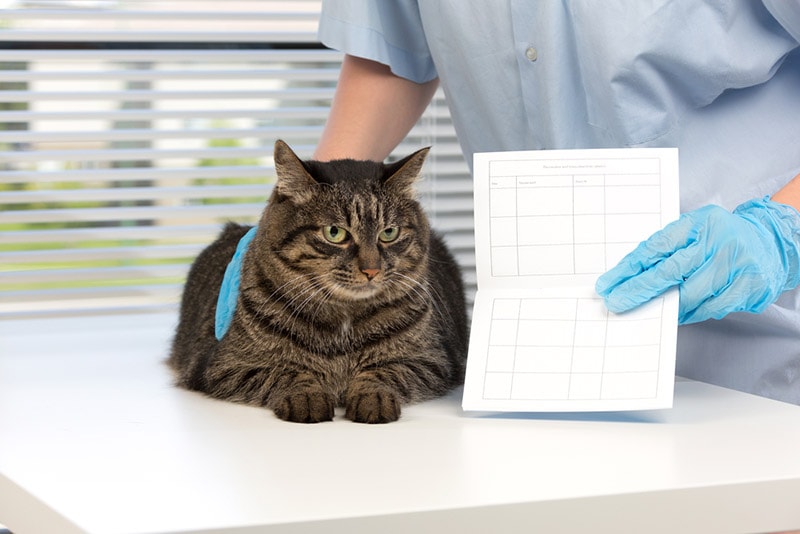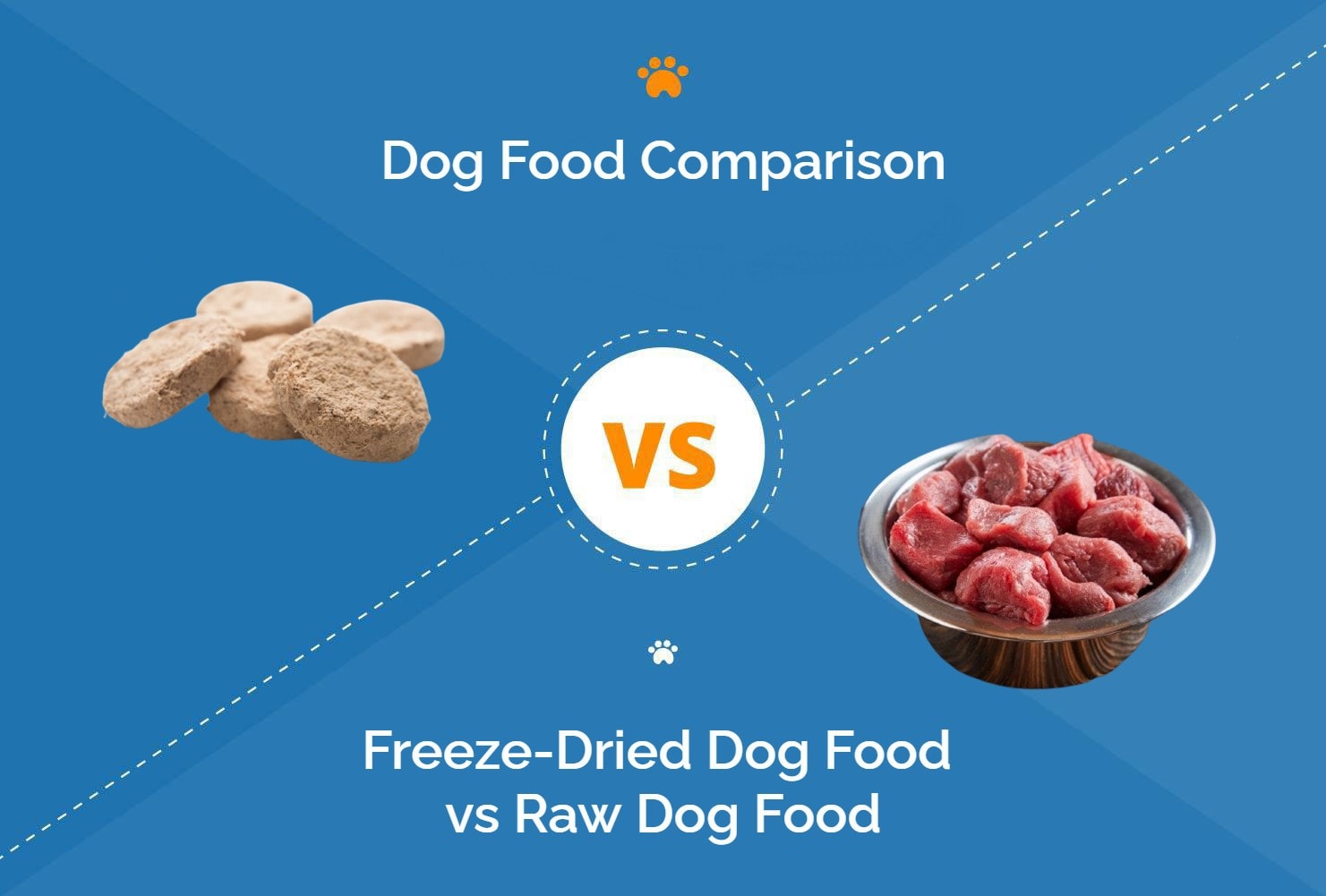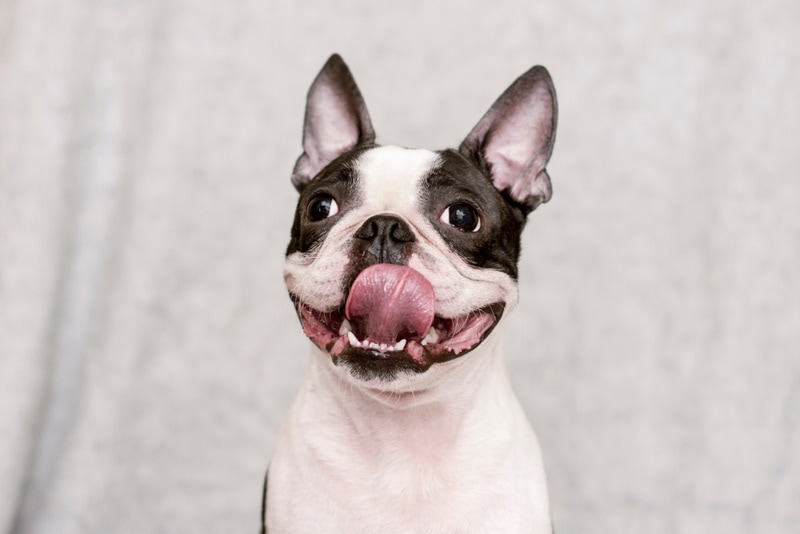Miniature Pinscher vs. Chihuahua: The Main Differences (With Pictures)
Updated on
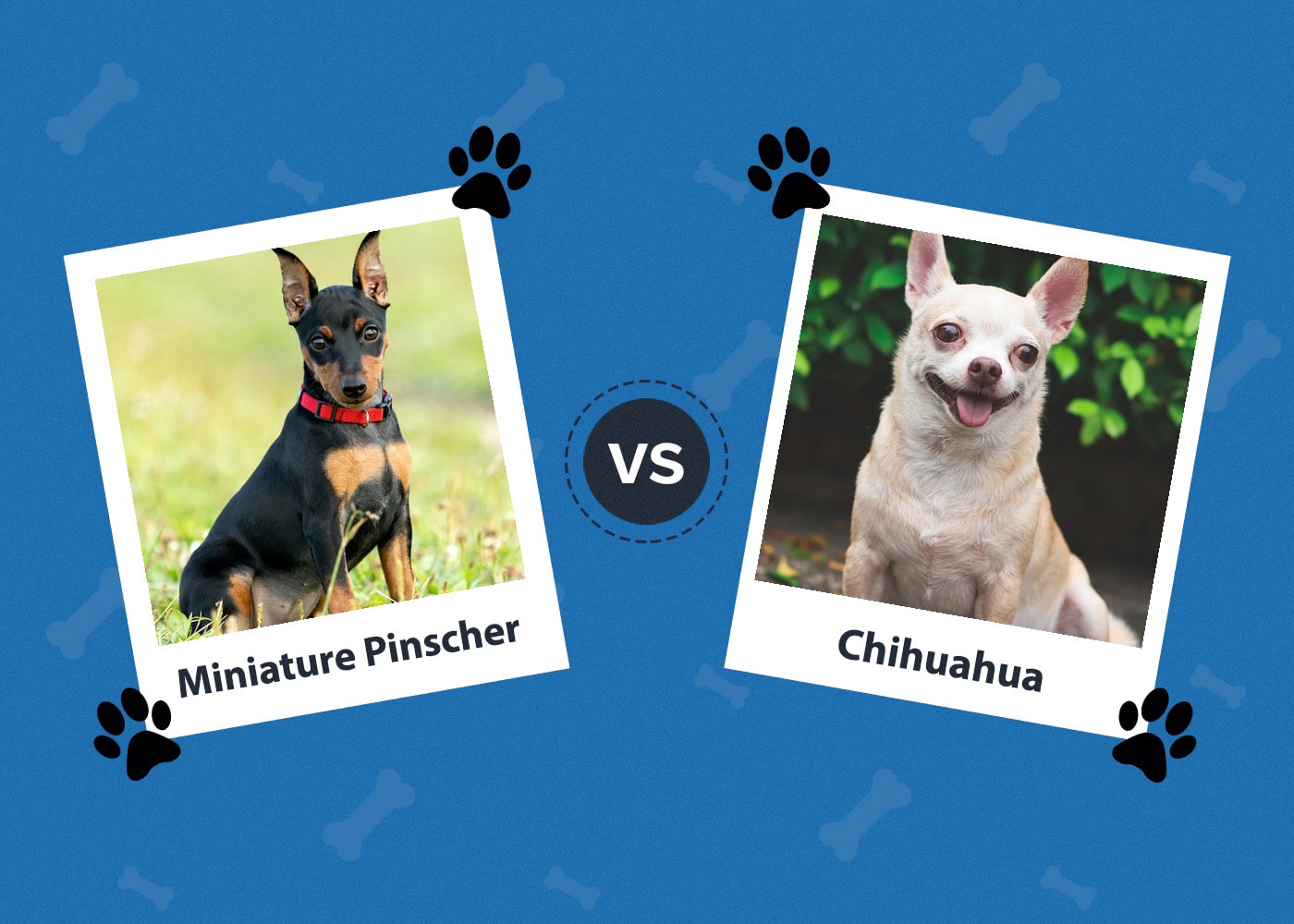
Click to Skip Ahead
Both Miniature Pinschers and Chihuahuas are small breeds that tend to display exuberant personalities and unpredictable demeanors. They’re cute and cuddly, but they can also be hardheaded and rambunctious—and sometimes even mischievous! Despite these similarities, there are serious differences between the two breeds too. Understanding these is the only way to determine which dog might be right for you and your household.
Visual Differences
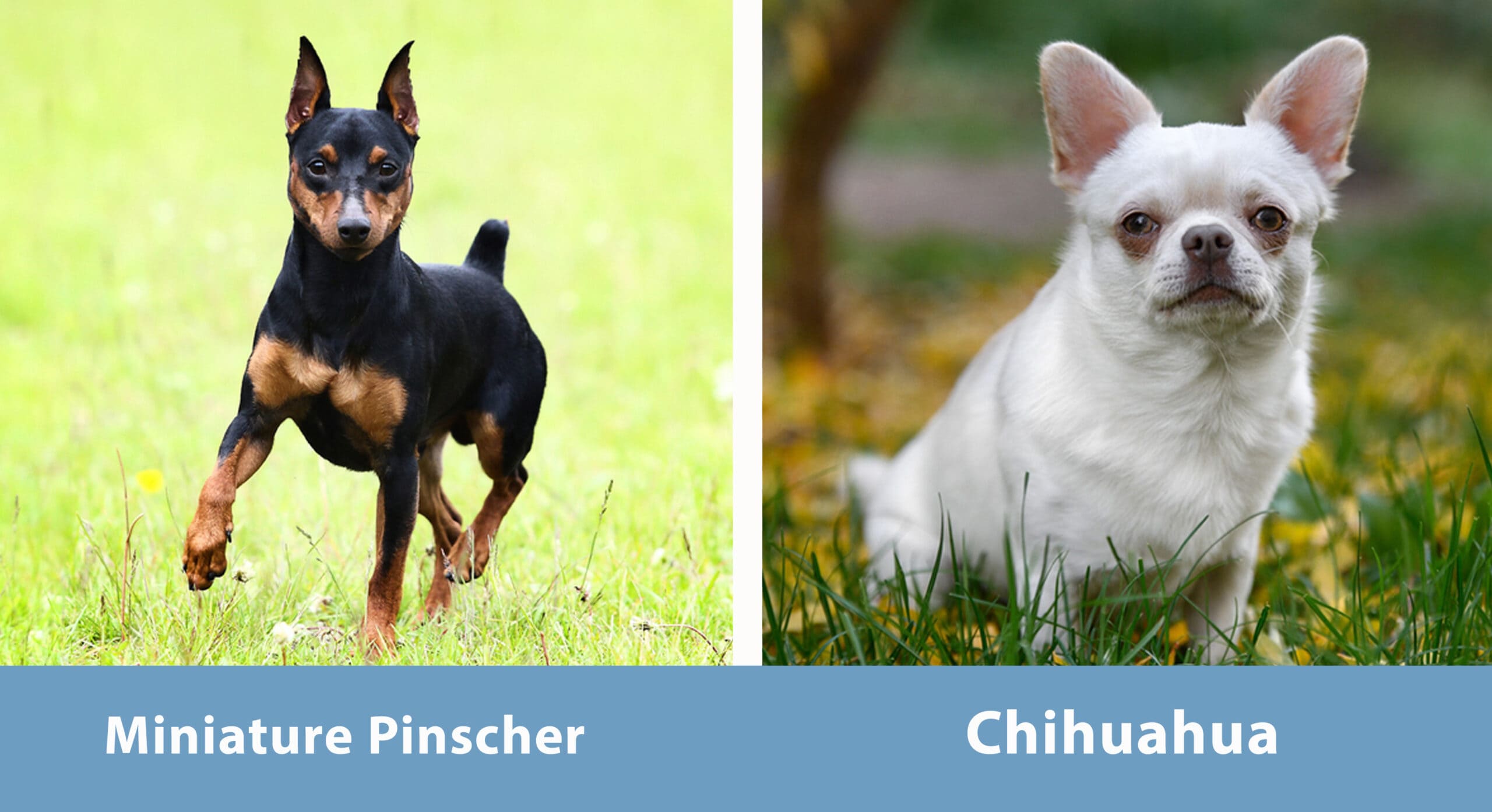
At a Glance
- Average height (adult): 10–12 inches
- Average weight (adult): 8–12 pounds
- Lifespan: 12–16 years
- Exercise: 30-60+ minutes a day
- Grooming needs: Easy/Moderate
- Family-friendly: Yes
- Other pet-friendly: Often
- Trainability: Moderate
- Average height (adult): 6–9 inches
- Average weight (adult): 4–7 pounds
- Lifespan: 12–20 years
- Exercise: 30-60+ minutes a day
- Grooming needs: Easy/Moderate
- Family-friendly: Yes
- Other pet-friendly: Often
- Trainability: Moderate/Hard
Miniature Pinscher Overview
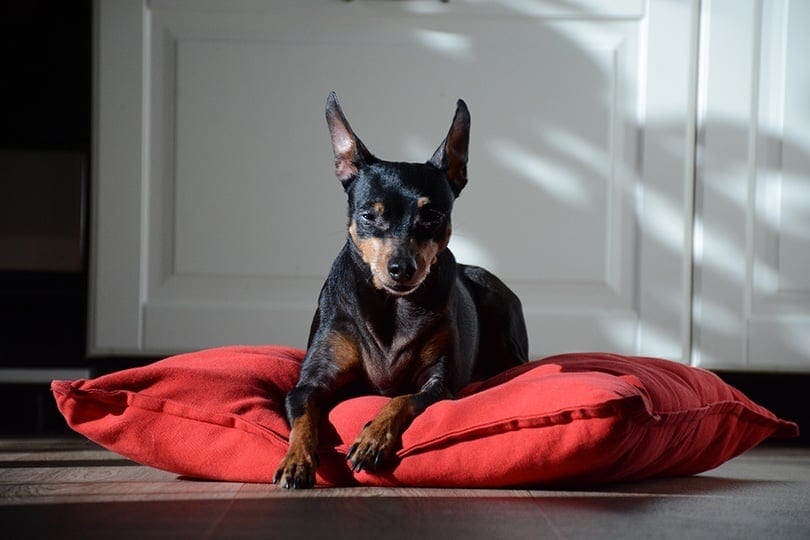
It’s not entirely clear how Miniature Pinschers, also lovingly referred to as Min Pins, came about. However, multiple historians agree that Miniature Pinschers were likely developed by combining the genetics of the German Pinscher, the Dachshund, and the Italian Greyhound through generations of breeding. They’re said to have been around for several centuries.
Personality / Character
Miniature Pinschers are sometimes called detectives because they like to investigate every single thing that they come across while outdoors and that comes in through the front door of their home, human or otherwise. These energetic little dogs love playing with toys and getting rambunctious with the kids.
These dogs require a great deal of supervision; otherwise, they are liable to get themselves in trouble. Crating them while everyone is away from home is always a good idea. The Min Pin also happens to be a successful escape artist, so they should never be left alone in a fenced yard, and care should always be taken when opening a household door to the outdoors.

Exercise
While these little dogs seem to always be full of energy, they don’t require much exercise to stay happy, healthy, and satisfied. Walking for at least 30 minutes a day should do the trick when it comes to maintaining a strong body and mind. However, the average Miniature Pinscher is always up for fun and games beyond their daily walks. Fetch, playtime at the dog park, and even short hikes are all great options.
Training
Socialization is a vital training element that shouldn’t be overlooked. If your Miniature Pinscher is not exposed to new people, dogs, cats, and places as a puppy, chances are that they will become aloof of people, aggressive with other animals, and unsure of themselves in public settings. Like with all dogs, obedience training is also necessary. These pups are smart, so training isn’t too tough for experienced dog owners. However, they can be stubborn, so training should be done in a dedicated space that is free of distractions.
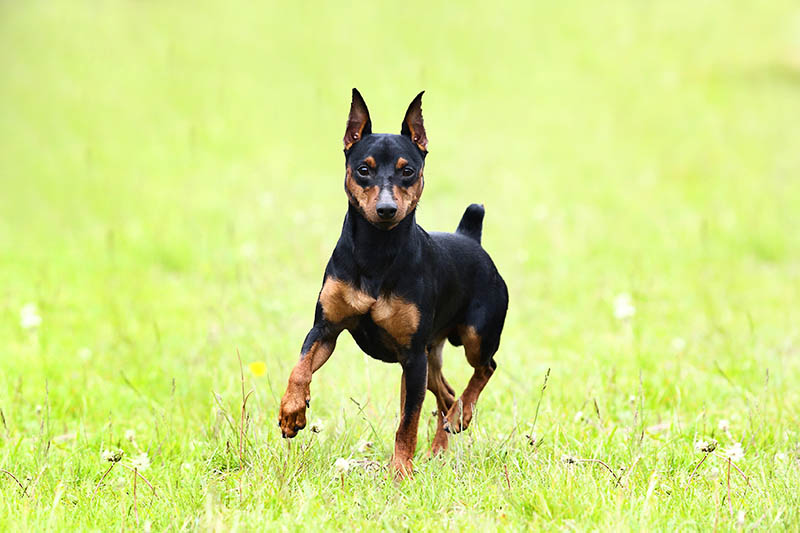
Health & Care
With responsible breeding practices in place, Miniature Pinschers tend to be healthy and vibrant dogs. However, there are a few health conditions that they could be susceptible to, including:
- Legg-Calve-Perthes disease
- Patellar luxation
- Dry cervical disc
- Epilepsy
- Heart defects
- Eye problems
- Thyroid dysfunction
Suitable For:
The Miniature Pinscher can do well in both house and apartment situations. They need daily walks but are content with spending their time inside otherwise. They love to investigate, and they can be mischievous, but they are loving and loyal to their human companions. They can get along well with children if they are socialized from a young age.
Chihuahua Overview

Contrary to popular belief, the Chihuahua isn’t just an “ankle biter” that does nothing but sit in someone’s lap or get carried around in a doggy bag. This breed is stable, healthy, and extremely friendly when well-socialized. While it is widely believed that Chihuahuas hail from Mexico, some experts believe that the dog breed was originally brought to Mexico from Malta. Others think that the breed may have originated in China. Regardless, these dogs are considered to have Mexican origins.
Personality / Character
These might be little dogs but they have big personalities. They tend to be feisty, interactive, outgoing, and sociable. However, if not well-socialized from a young age, they can be shy, timid, and even aggressive toward people and animals that they are not familiar with. If they are exposed to new people and animals from the time that they are puppies, they should get along well in social situations both in and out of the home.
Some Chihuahuas develop separation anxiety and should not be left alone at home for long periods. They do best in households where someone is almost always around. Another thing that these dogs are known for is their protective nature. They want to make sure their human companions stay safe in situations that they find threatening. Therefore, they can be good watchdogs despite their size.
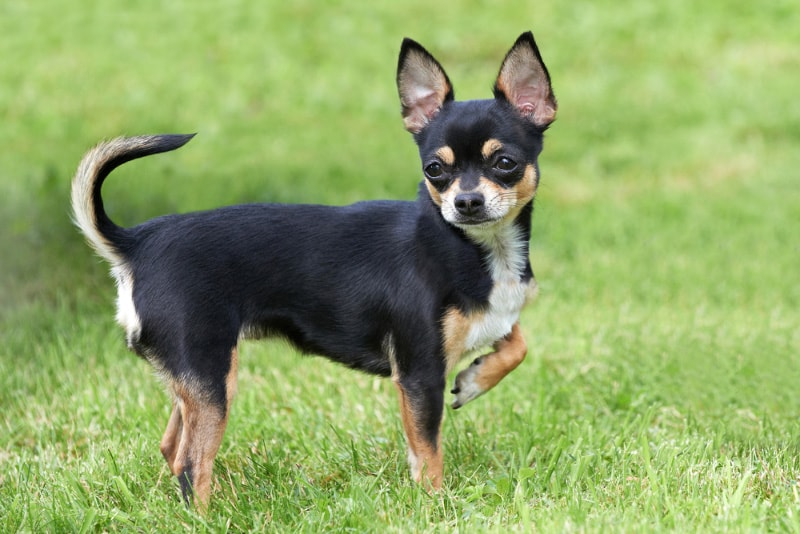
Exercise
These low-energy dogs don’t require much outdoor exercise to stay happy and healthy. They should walk each day to stretch their legs and get their hearts pumping, but a 30-minute jaunt should be enough. Otherwise, they’re happily meandering around the house, engaging with toys, and interacting with companions whenever the opportunity arises.
Training
All dogs need training and there is no exception for Chihuahuas. These smart dogs are thought to be easy to train for most dog owners, even those who are inexperienced at doing so. Treats and clickers can help make the training process more efficient and effective overall. Positive reinforcement is crucial for training success. These dogs should be socialized as puppies if they are expected to behave well in social settings and to get along with other household pets.
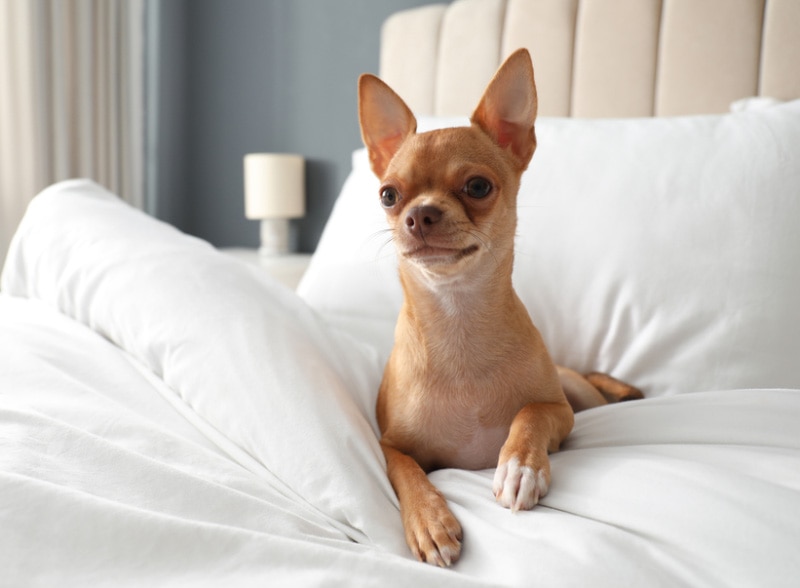
Health & Care
Chihuahuas can be healthy and hardy little dogs, but there are genetic concerns to take note of that could affect their overall health as time goes on. These include:
- Heart problems
- Eye disease
- Patellar luxation
- Idiopathic epilepsy
Suitable For:
Chihuahuas can do well in both house and apartment environments. They can also get along well with families that include children, adult couples, singles, and seniors. They need minimal daily exercise compared to the average dog breed, and they can learn to get along with other animals in the house if they’re trained to do so socially from a young age.
Which Breed Is Right for You?
Both the Miniature Pinscher and Chihuahua can make great family pets. They’re outgoing, spunky, and loyal to their human companions. There are a few differences between them, as evidenced here, so it’s important to do your homework and research each breed—and meet them in person, if possible—before deciding which one is right for your lifestyle.
See also:
- German Wirehaired Pointer vs Deutsch Drahthaar: The Differences (With Pictures)
- Puggle vs Pug: The Main Differences (With Pictures)
Featured Image Credit: Left: (Miniature pinscher puppy) Glikiri, Shutterstock, Right: (Chihuahua) Phuttharak, Shutterstock

